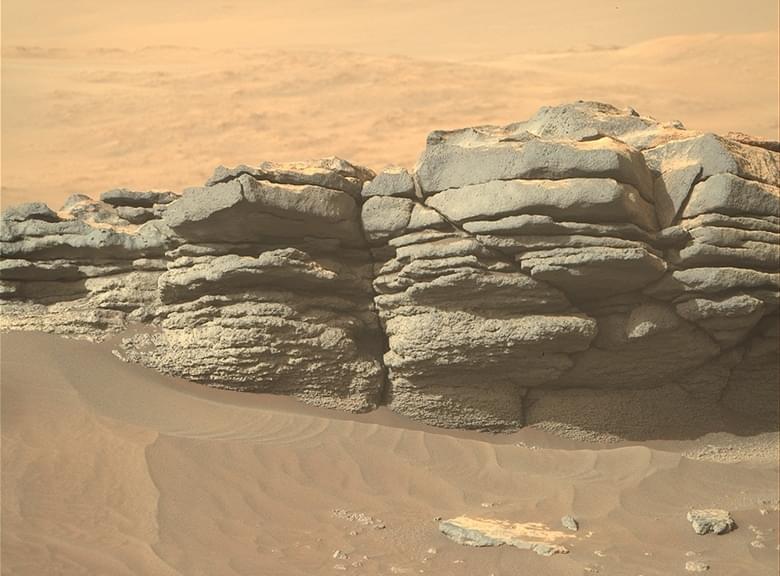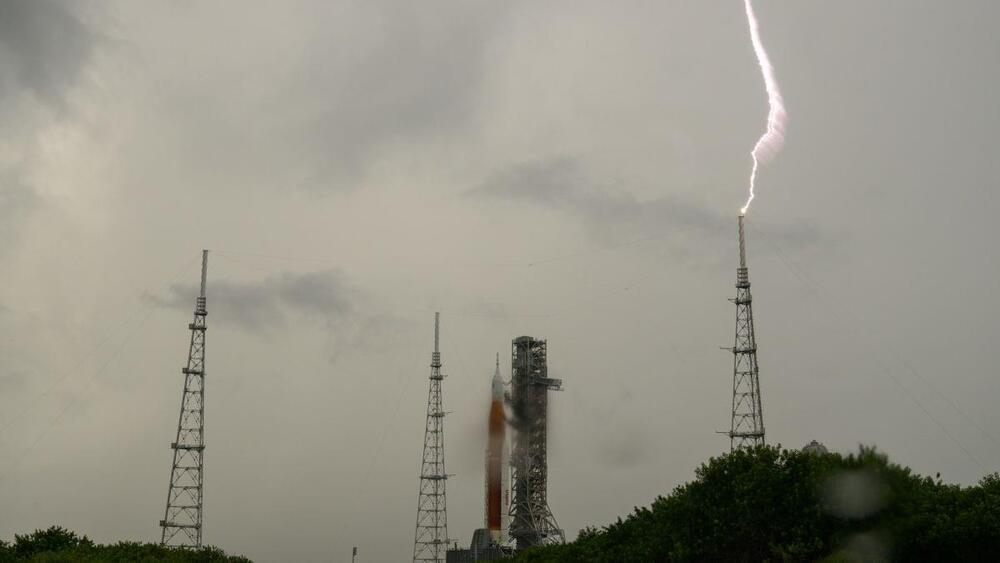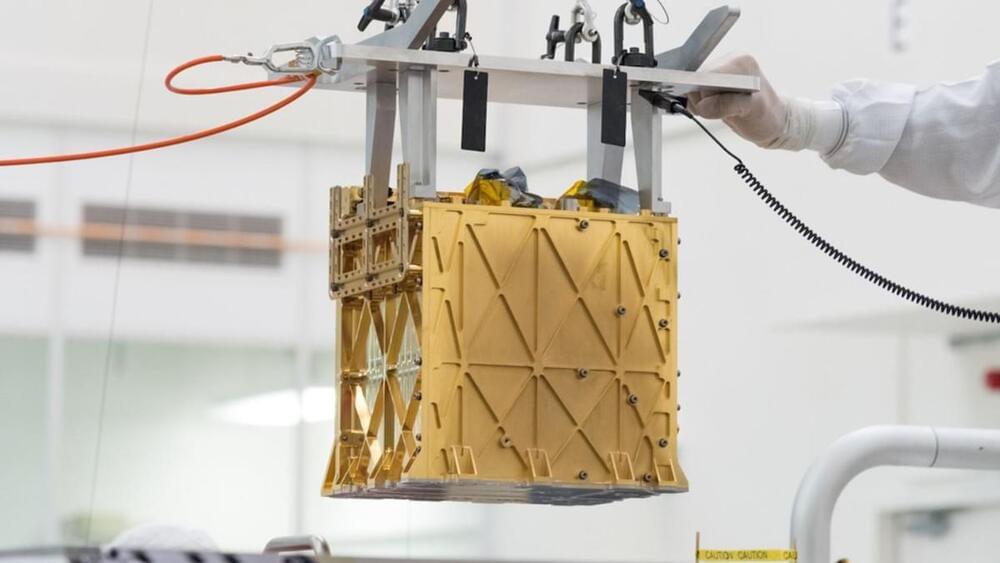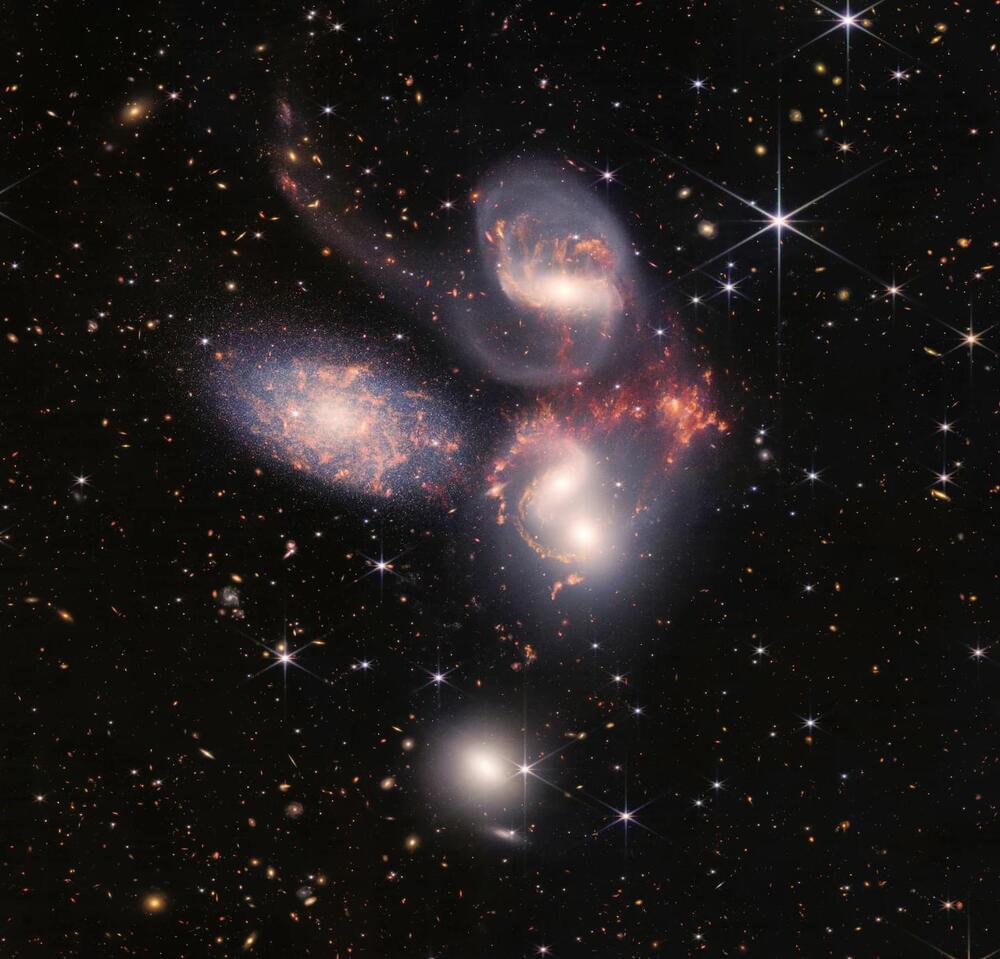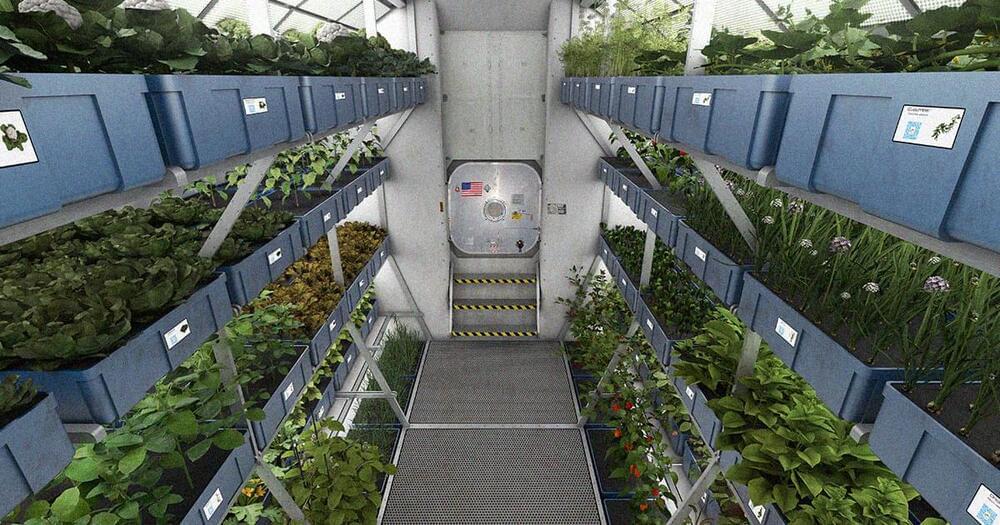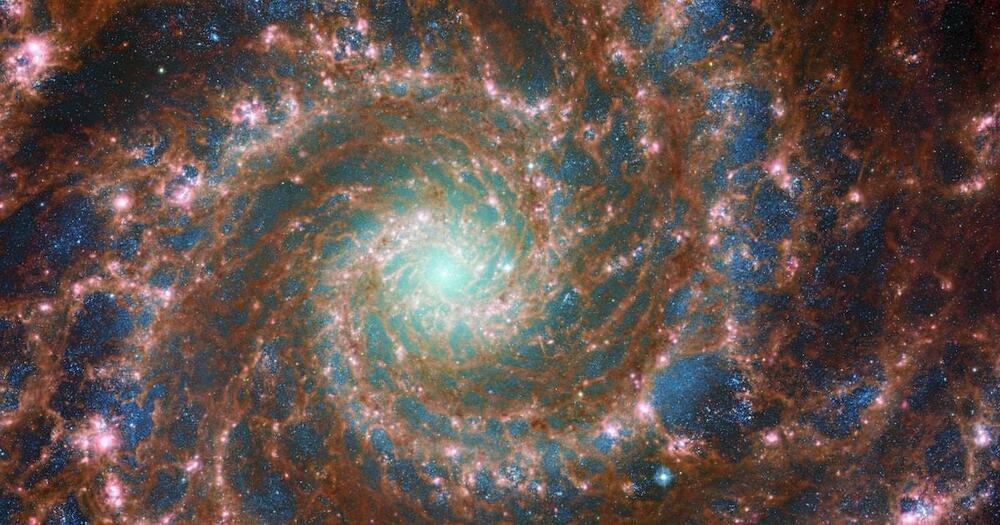Archive for the ‘space’ category: Page 347
Sep 1, 2022
NASA solves data glitch on its iconic Voyager 1 spacecraft — but the mystery remains
Posted by Gemechu Taye in category: space
Sep 1, 2022
These NASA photos of lightning strikes at the Artemis 1 moon rocket launch pad are amazing
Posted by Tristan Hambling in categories: climatology, space
Bolts of lightning struck several lightning towers surrounding the Artemis 1 mega moon rocket Saturday (Aug. 27), and there are epic photos showing just how it looked.
Aug 31, 2022
Small Device Currently on Mars Is Generating as Much Oxygen as a Tree, Scientists Reveal
Posted by Genevieve Klien in category: space
The MOXIE experiment has proven that a lunchbox-sized device can reliably produce oxygen from the Martian atmosphere.
Aug 31, 2022
Helium’s chilling journey to cool a particle accelerator
Posted by Saúl Morales Rodriguéz in categories: particle physics, robotics/AI, space
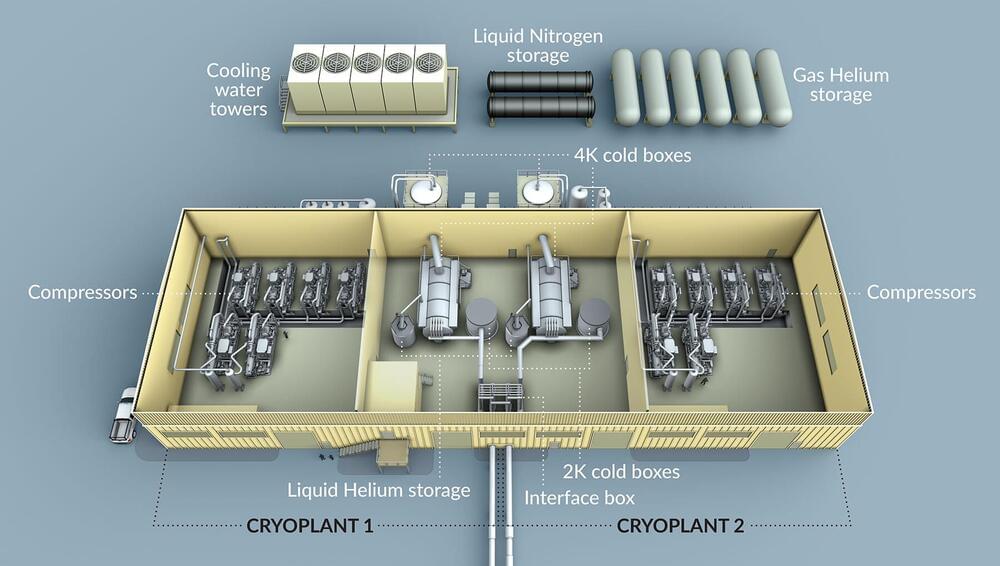
Today it only takes one and a half hours to make a superconducting particle accelerator at the Department of Energy’s SLAC National Accelerator Laboratory colder than outer space.
“Now you click a button and the machine gets from 4.5 Kelvin down to 2 Kelvin,” said Eric Fauve, director of the Cryogenic team at SLAC.
Continue reading “Helium’s chilling journey to cool a particle accelerator” »
Aug 31, 2022
Webb telescope is already challenging what astronomers thought they knew
Posted by Gemechu Taye in category: space
Astronomers’ beliefs are already being challenged by the telescope’s discoveries.
The famed James Webb Space Telescope, launched eight months ago and orbiting the sun a million miles from Earth, has started bringing up a number of questions for astronomers as its striking images flood in.
Unsurprisingly, the telescope has delivered some intriguing and exciting observations of the very distant universe. Surprisingly, these observations are not what astronomers thought they would be, as was first reported in the Washington Post.
Continue reading “Webb telescope is already challenging what astronomers thought they knew” »
Aug 31, 2022
Plans Announced for Full Greenhouse on International Space Station
Posted by Quinn Sena in category: space
A private space company called Redwire Corporation has announced plans for what it’s calling the “first-ever commercially owned greenhouse” in space.
Redwire is hoping to install the facility on the International Space Station no earlier than spring 2023. The startup was awarded a contract with the Center for the Advancement of Science in Space, which manages US lab operations on board the ISS.
The greenhouse is meant to serve as a testing bed for growing sustenance in a microgravity environment, which will be important as humans start to embark on longer trips through deep space.
Aug 31, 2022
7 Things You Should Know About the Future of Underwater Cities
Posted by Quinn Sena in categories: habitats, space

Circa 2020
The idea of humans living underwater may not be as crazy as you think. An idea once reserved for video games or science fiction, underwater cities may be a viable solution for humanity in the distant future.
Continue reading “7 Things You Should Know About the Future of Underwater Cities” »
Aug 31, 2022
New Form Of Lab-Made Gold Is Better And Golder Than Nature’s Pathetic Version
Posted by Quinn Sena in categories: energy, space
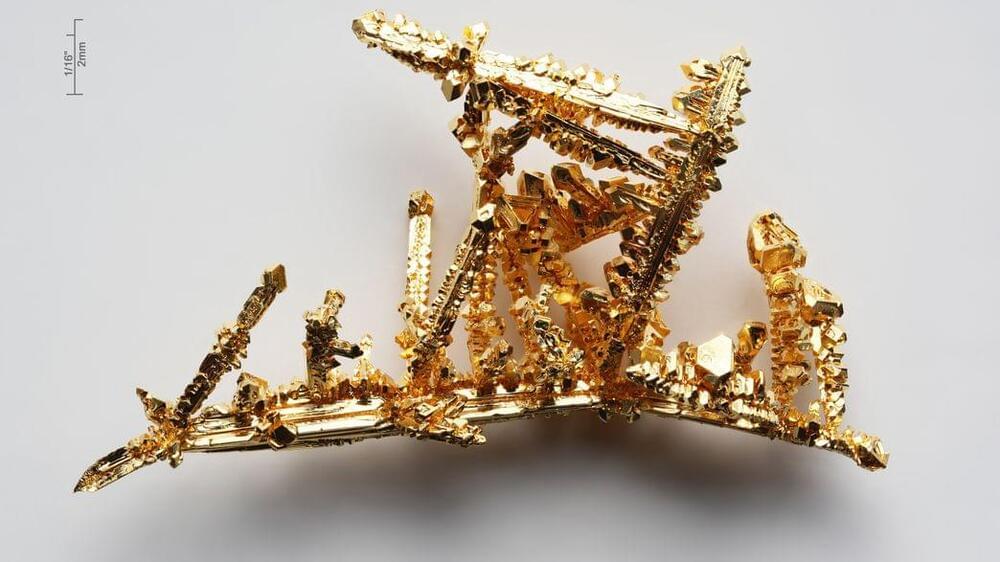
face_with_colon_three circa 2018.
Gold is amazingly weird. For one thing, it’s now thought that much of it came from aftermaths of the collisions of two super-dense neutron stars. Some of this atomic gold, sprayed across the cosmos, managed to coalesce under gravity, get trapped in a newly-formed Earth, undergo a suite of geological processes, and ultimately pop up at the surface.
Continue reading “New Form Of Lab-Made Gold Is Better And Golder Than Nature’s Pathetic Version” »
Aug 30, 2022
Look! New Webb Telescope photos show eerily intricate details of the Phantom Galaxy
Posted by Atanas Atanasov in category: space
It’s the officially spooky season in space.
In its newest image, the Webb Space Telescope teams up with Hubble to study how stars form in nearby galaxies.
